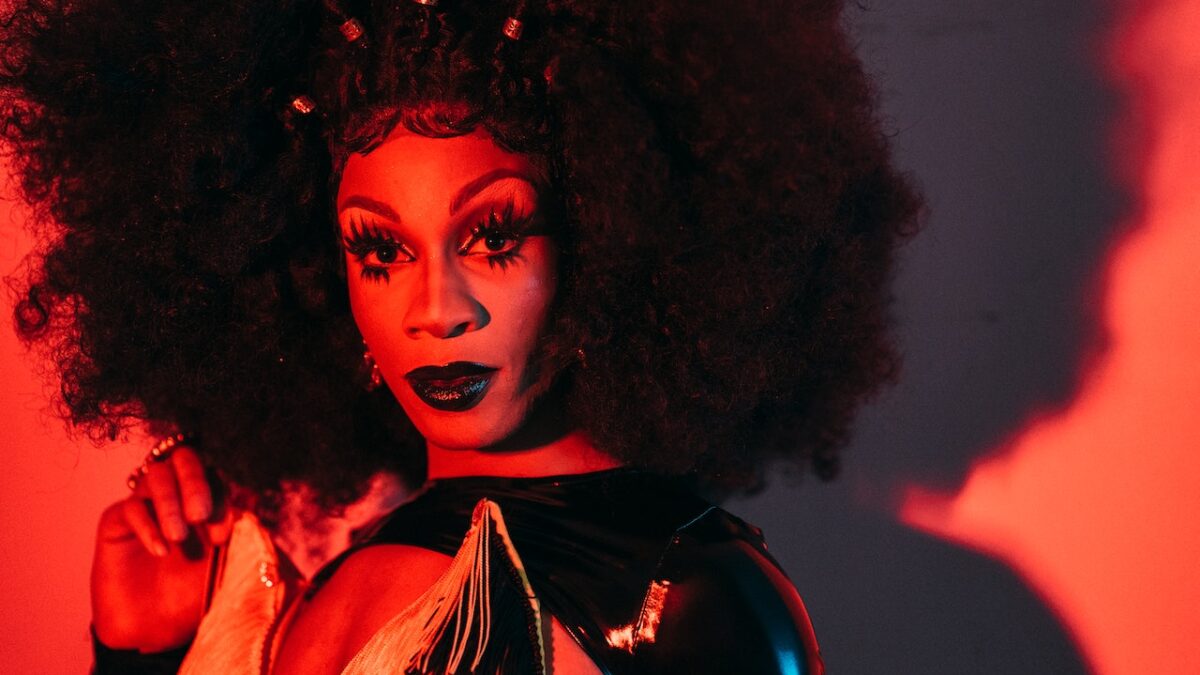Sometimes I feel like I’m living in bizarro land. A friend sent me a piece in the Washington Post that began:
The disturbing differences in what men want in their wives and their daughters
When asked what qualities they want in in a wife, American heterosexual men said they value “attractive” and “sweet” women, a national survey recently found. Only 34 percent, however, said they wanted a romantic partner who is “independent.”
But the story changes when respondents considered the qualities they want to see in their daughters. Beauty and a pleasant disposition, for example, mattered much less than strength and intelligence:
Um. How in the world is this disturbing? Seriously, how in the world is this disturbing? Why would you think it’s a good thing for men to view their wives and daughters the same way?
Why is it so hard to understand that people live in relationship to each other and that they seek and appreciate different traits based on the nature of that relationship? I mean, independence isn’t always good. Sometimes it can be a trait you don’t want. My husband and I depend on each other and we want to depend on each other because teamwork is a big part of marriage. We have each other to depend on. We want to be able to be depended on and want to be able to depend on each other. So independence from each other is not a big thing we’re looking for.
When it comes to our children, however, we have completely different interests. Our job is to raise them, if at all possible, to be fully functioning adults. This means that we want them to be strong and intelligent, among many other things.
But no, beauty is not something we value terribly highly in them because they’re our children.
To be as blunt as possible, I want my husband to find me attractive. I don’t want him to find our daughters attractive. Because that’s disgusting beyond belief.
Of course men and women want attractive spouses. And yes, that trait may be a tad higher on men’s lists than women’s. But if you don’t understand the value of being attracted to your spouse — and not your children — I can’t help you. I can recommend that you get some help, but I can’t help you.
The results, gleaned from a survey of 881 men across the country earlier this month, show “an eye-opening disparity between the qualities contemporary men feel are paramount in a wife and/or partner and what they value for their daughters when they grow up,” said The Shriver Report Snapshot: An Insight Into the 21st Century Man, which was published Friday.
In the last few decades, there have been dramatic changes in the role of women in society, and many men are still adjusting.
Again. Do people understand that not having a disparity between these things would mean the complete implosion of the family? If you think it’s a problem that men want to find an attractive spouse — but aren’t particularly concerned about their daughters being hot — you might be a feminist. And if you think that it’s weird that men would place a high premium on a spouse being nice, you probably have not been in a marriage. Spouses being nice to each other is simply beneficial to the daily well being of both. It can also be one of the best aphrodisiacs on the market. It makes life so pleasant. Your daughters should be nice, too, but it’s just not at the same level of relative importance.
The Post goes on to say:
Maria Shriver, founder of A Woman’s Nation, which commissioned this first-time survey, was quick to note men don’t have to stagnate in order for women to thrive. “No gender succeeds at the expense of others,” she said in a statement. “We believe in a gender-respectful society and that requires the engagement, education and empowerment of all individuals.”
If you understand a single word of this quote or its setup, more power to you. What language is it in? What does it mean? How many genders are there? What the what?
Listen, some of this stuff is easy. Men and women have different relationships with each other. Some are professional. Some are familial. Within the family, those relationships can be about marriage, being siblings, being children, being parents, or being part of an extended family. No matter the role — we serve each other by being in relationship to each other. And those relationships are good things, not bad.
Last weekend I heard a speech at the Q Conference (think TED for hip evangelicals) in Boston. It was about objectification of women and the speaker said something to the effect of how some men try to avoid objectification of women by thinking “That’s someone’s daughter” or “That’s someone’s sister.” Instead, the speaker said, we should think, “That’s someone.” The crowd roared and applauded.
It’s an absolutely excellent point that all men and women have dignity simply as a function of being individuals. But it’s also true that one of the problems with objectification of women is bound up in the failure to understand the importance of relationships. We aren’t supposed to lust after people who aren’t our spouses. And we are to love and desire those people who are our spouses.
There’s nothing wrong with men seeking an attractive spouse while not caring if their daughters are particularly attractive. There’s nothing wrong with men seeking a tender spouse while focusing more on raising smart and capable daughters. This isn’t disturbing. This is obvious. (For what it’s worth, I do place a premium on having nice children, but your mileage may vary.)
We’re losing the ability to distinguish between sexual and family relationships and it leads us to absolutely inane freakouts. A society that doesn’t understand why men would emphasize different traits when thinking about the ideal wife versus the ideal daughter is one that doesn’t understand the basics of human sexuality and its importance in the propagation of our people as well as the role that norms play inside and outside families.









